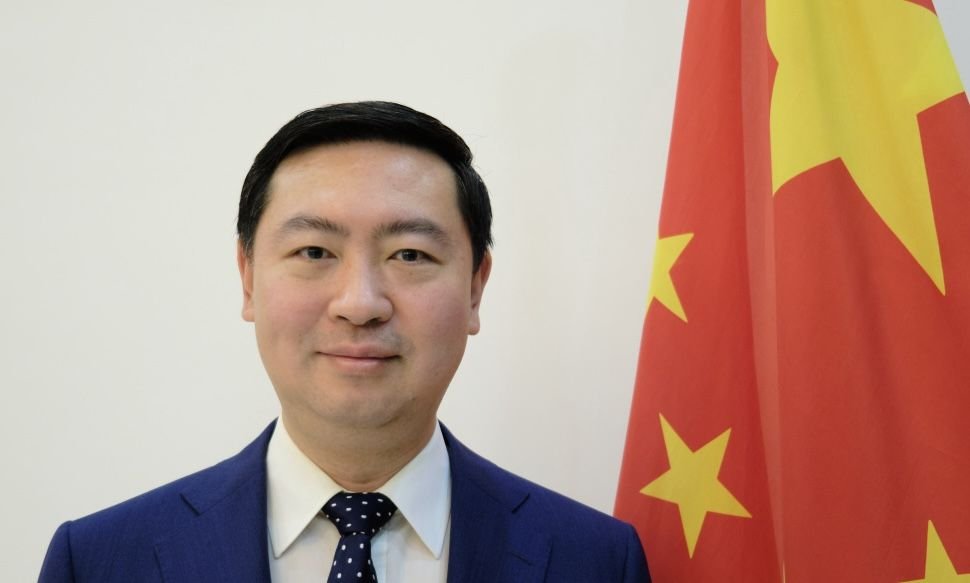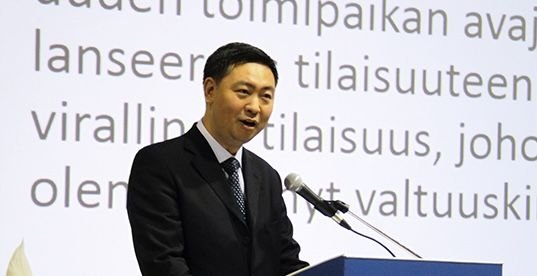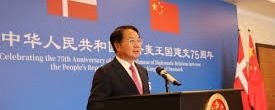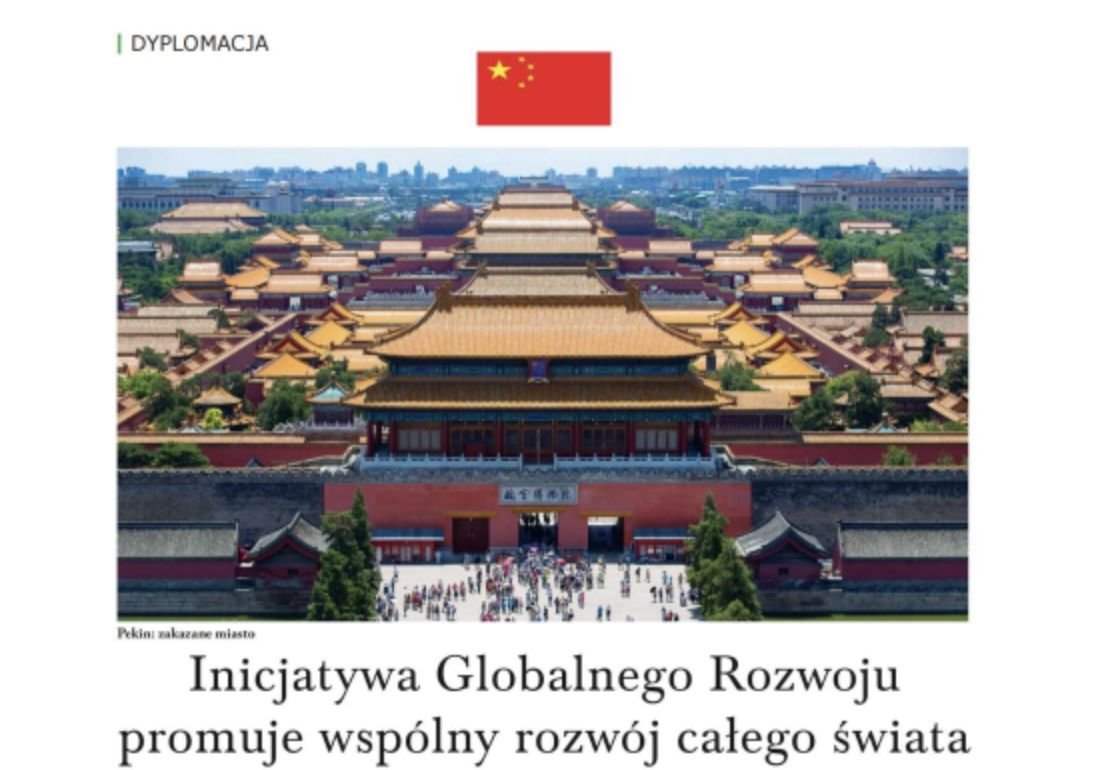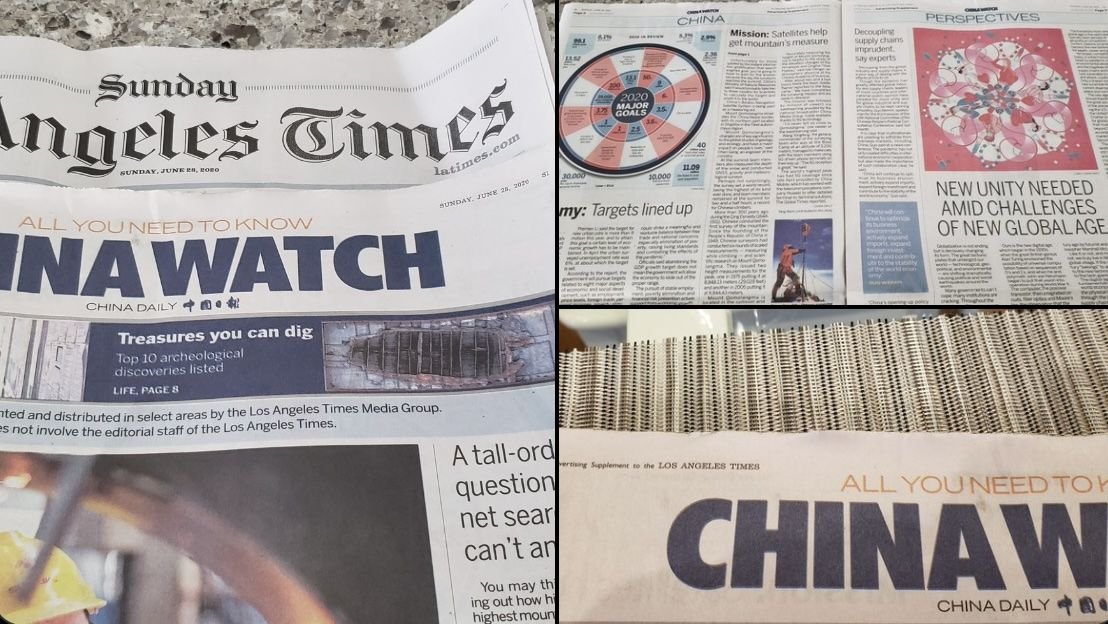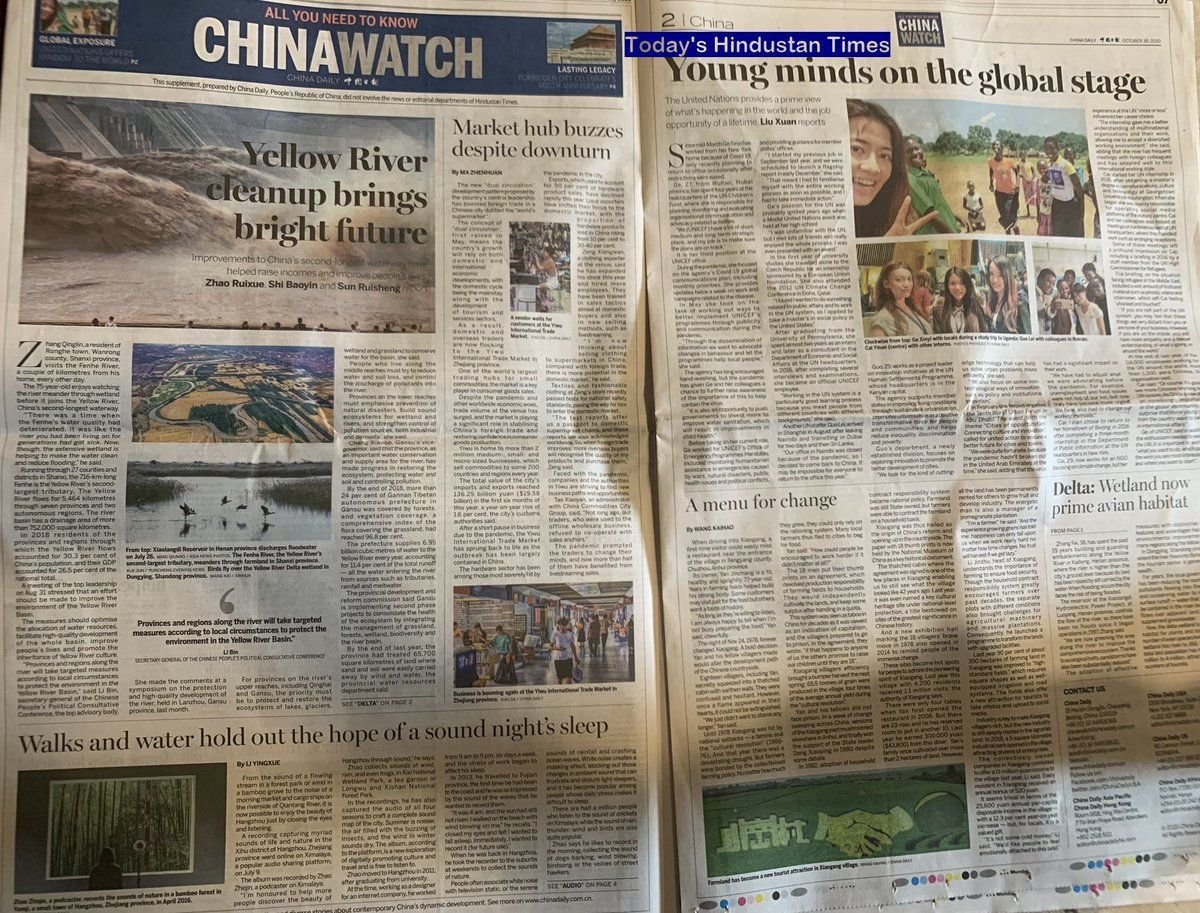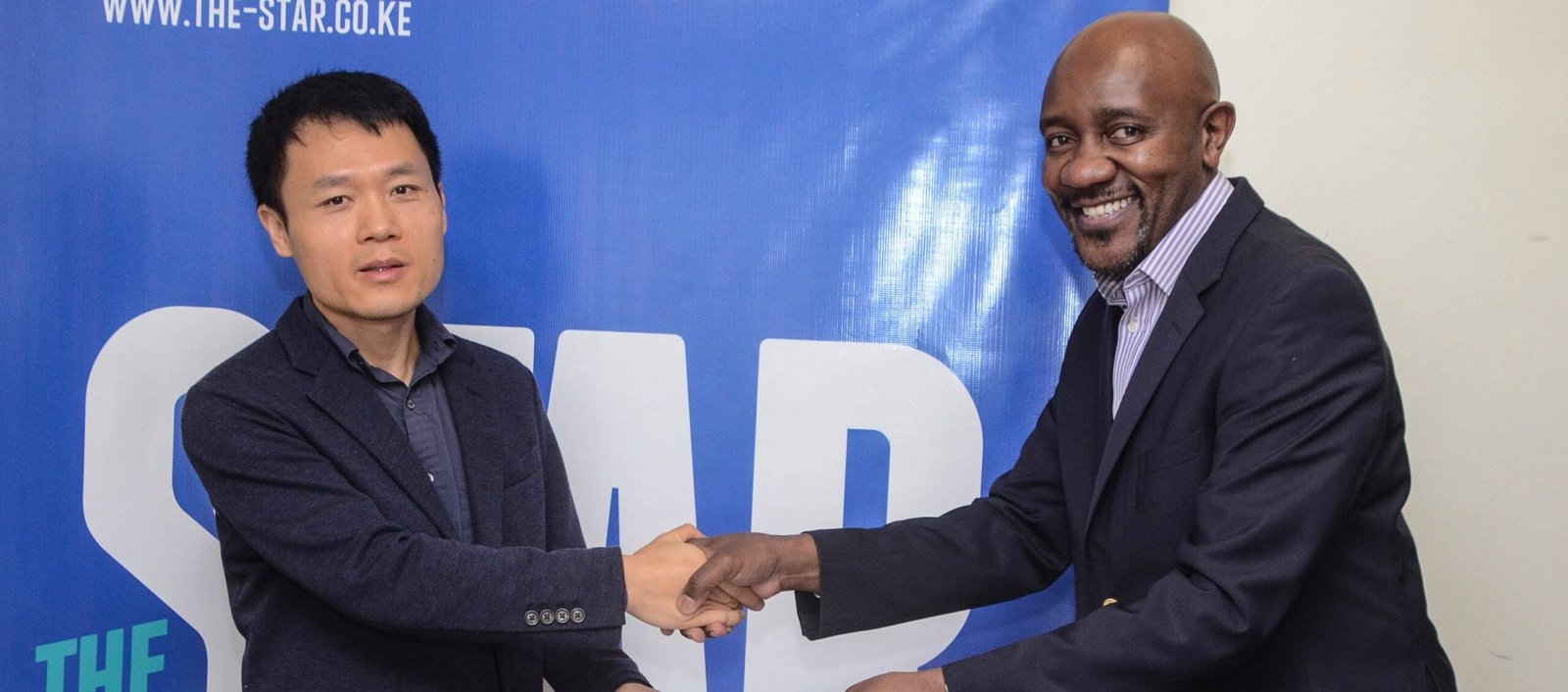Chinese Ambassador Promotes Economic Cooperation in Finnish Media
On February 11, 2021, Chinese Ambassador to Finland Chen Li (陈立) published an op-ed in Finland’s Helsingin Sanomat (赫尔辛基日报) titled “Join Hands to Meet Challenges and Promote Economic Recovery.” The ambassador claimed China achieved “positive growth of 2.3 percent” in 2020, positioning the country as “the only major economy to achieve positive growth” during the pandemic. Chen described China’s economy as demonstrating “strong resilience and vitality” and said the nation will “continue to deepen integration into the world economy.” The article promoted China’s post-pandemic economic policies and called for strengthening “practical cooperation” between China and Europe, employing standard PRC diplomatic terminology about “mutual benefit and win-win cooperation” (互利共赢) and emphasizing China’s role in global economic recovery.

